America is losing its (Christian) religion, new Pew poll finds


A free daily email with the biggest news stories of the day – and the best features from TheWeek.com
You are now subscribed
Your newsletter sign-up was successful
On Tuesday, Pew released a doozy of a survey on "America's changing religious landscape." The biggest change is the sharp drop in Americans who identify as Christian, from 78.4 percent in 2007 to 70.6 percent last year. Christianity's downsizing "is big, it's broad, and it's everywhere," said Alan Cooperman, Pew's director of religion research. "The decline is taking place in every region of the country, including the Bible Belt."
The sharpest declines are among mainline Protestants (14.7 percent, from 18.1 percent in 2007) and Roman Catholics (20.8 percent, from 23.9 percent), with a much smaller drop in evangelical Protestants (25.4 percent, from 26.3 percent).
Where are those Christians going? To the "nones," mostly — embracing atheism, agnosticism, vague spirituality, and indifference. The number of atheists (3.1 percent) and agnostics (4 percent) doubled, and there are more total "nones" (22.8 percent) than Catholics, or than United Methodists, Presbyterians, and Evangelical Lutherans combined. The number of non-Christian religious also grew slightly, to 5.9 percent from 4.7 percent, with most of the growth among Hindus and Muslims.
The Week
Escape your echo chamber. Get the facts behind the news, plus analysis from multiple perspectives.

Sign up for The Week's Free Newsletters
From our morning news briefing to a weekly Good News Newsletter, get the best of The Week delivered directly to your inbox.
From our morning news briefing to a weekly Good News Newsletter, get the best of The Week delivered directly to your inbox.
The aversion of younger people to organized Christianity is a big factor, but people in all demographics are leaving the churches. Immigration is helping bolster the numbers of most Christian denominations, but this chart from Pew offers a big piece of the puzzle:
As to why Americans are leaving Christianity, Pew doesn't say. "But the low levels of Christian affiliation among the young, well educated, and affluent are consistent with prevailing theories for the rise of the unaffiliated," says Nate Cohn at The New York Times, citing "the politicization of religion by American conservatives, a broader disengagement from all traditional institutions and labels, the combination of delayed and interreligious marriage, and economic development."
The new numbers will have a pretty marked influence on American life. Mike Hout, a demographer at New York University, tackles one political angle. "Traditionally, we thought religion was the mover and politics were the consequence," he said. Now, it's the opposite: Many evangelical Protestants and Catholics left their churches because "they saw them align with a conservative political agenda and they don't want to be identified with that."
Pew interviewed 35,071 adults from June to September 2014, and the poll has a margin of error of ±0.6 percentage points. Read more at Pew.
A free daily email with the biggest news stories of the day – and the best features from TheWeek.com
Peter has worked as a news and culture writer and editor at The Week since the site's launch in 2008. He covers politics, world affairs, religion and cultural currents. His journalism career began as a copy editor at a financial newswire and has included editorial positions at The New York Times Magazine, Facts on File, and Oregon State University.
-
 How to Get to Heaven from Belfast: a ‘highly entertaining ride’
How to Get to Heaven from Belfast: a ‘highly entertaining ride’The Week Recommends Mystery-comedy from the creator of Derry Girls should be ‘your new binge-watch’
-
 The 8 best TV shows of the 1960s
The 8 best TV shows of the 1960sThe standout shows of this decade take viewers from outer space to the Wild West
-
 Microdramas are booming
Microdramas are boomingUnder the radar Scroll to watch a whole movie
-
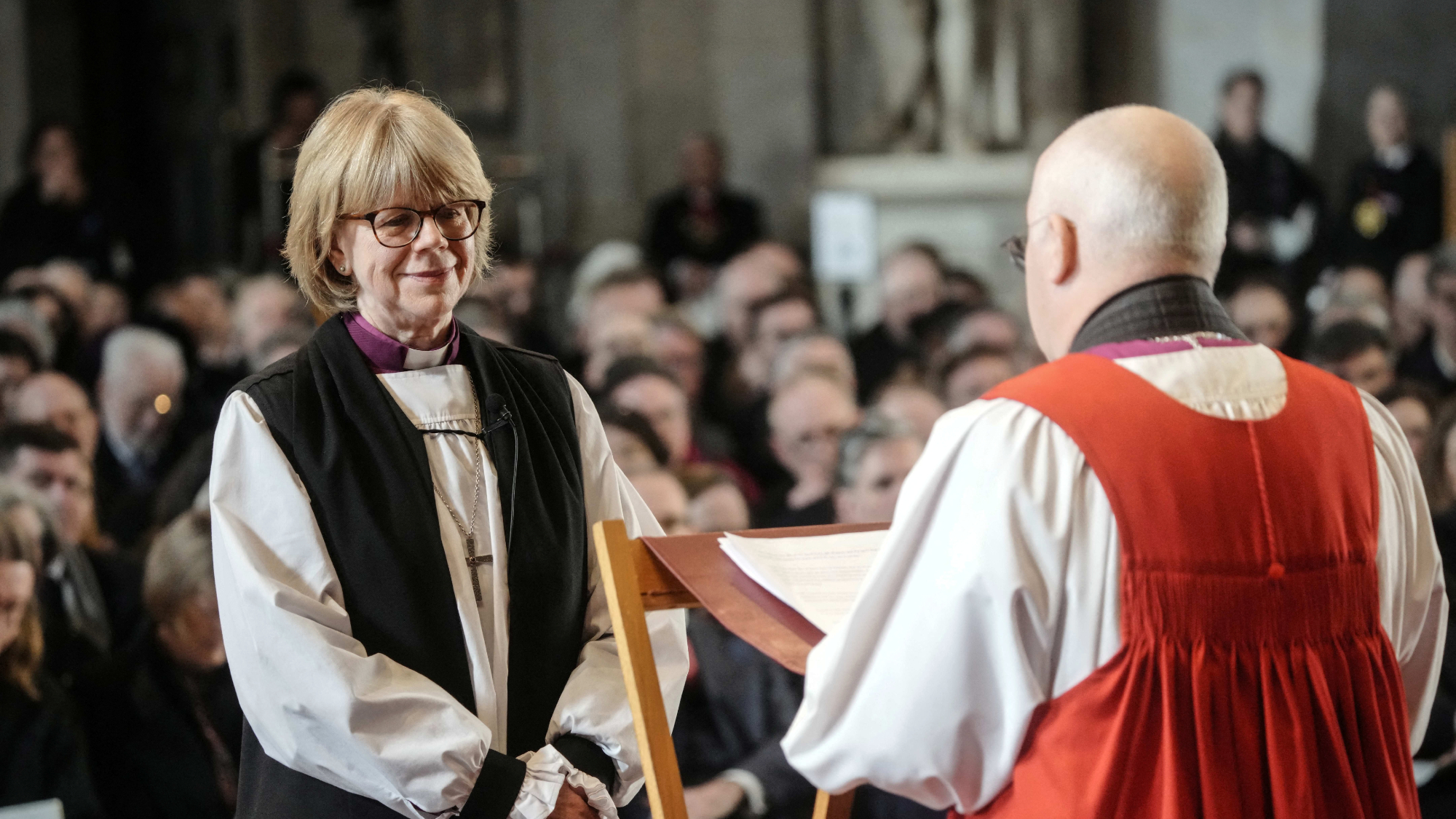 Church of England instates first woman leader
Church of England instates first woman leaderSpeed Read Sarah Mullally became the 106th Archbishop of Canterbury
-
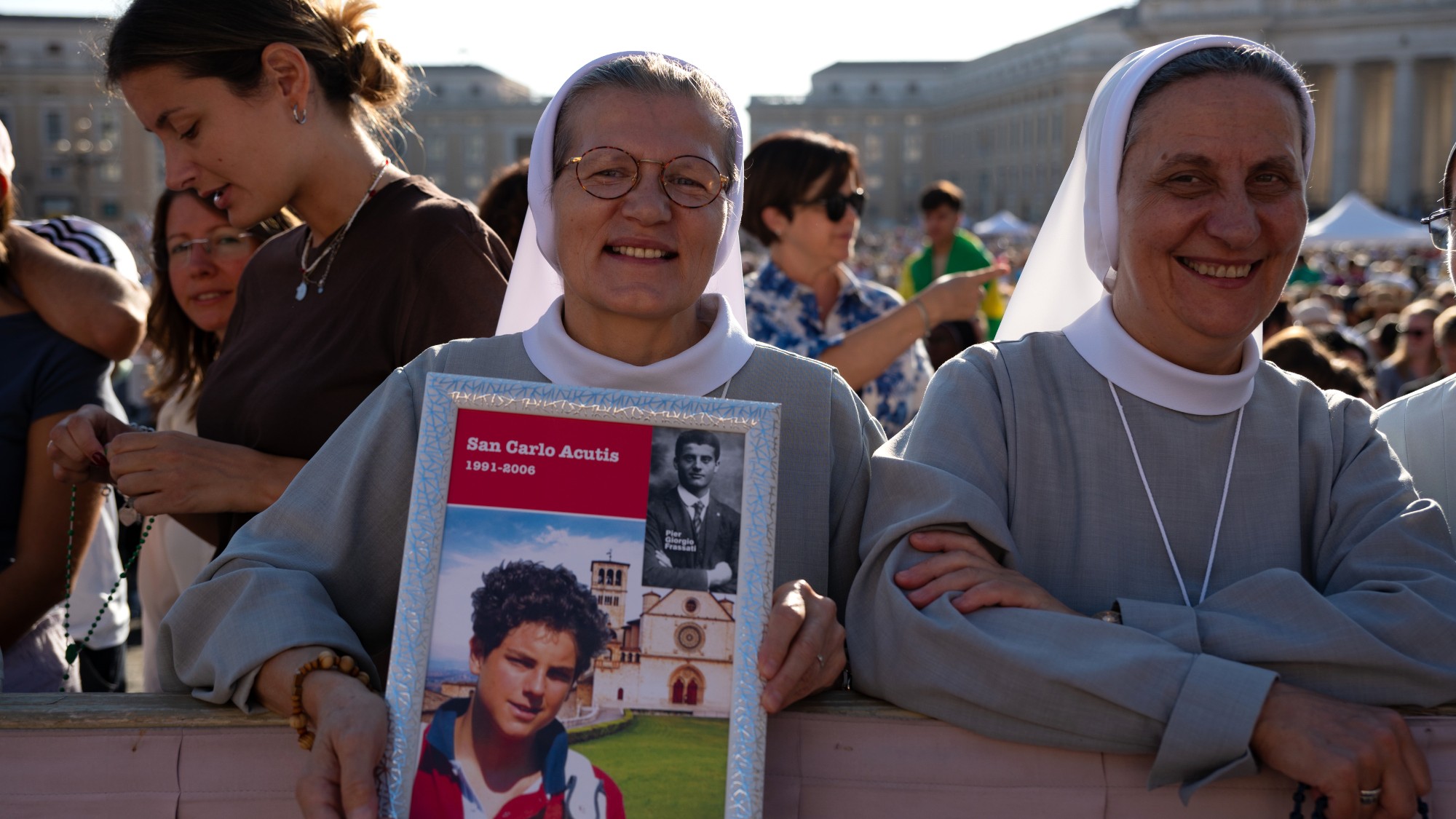 Pope Leo canonizes first millennial saint
Pope Leo canonizes first millennial saintSpeed Read Two young Italians, Carlo Acutis and Pier Giorgio Frassati, were elevated to sainthood
-
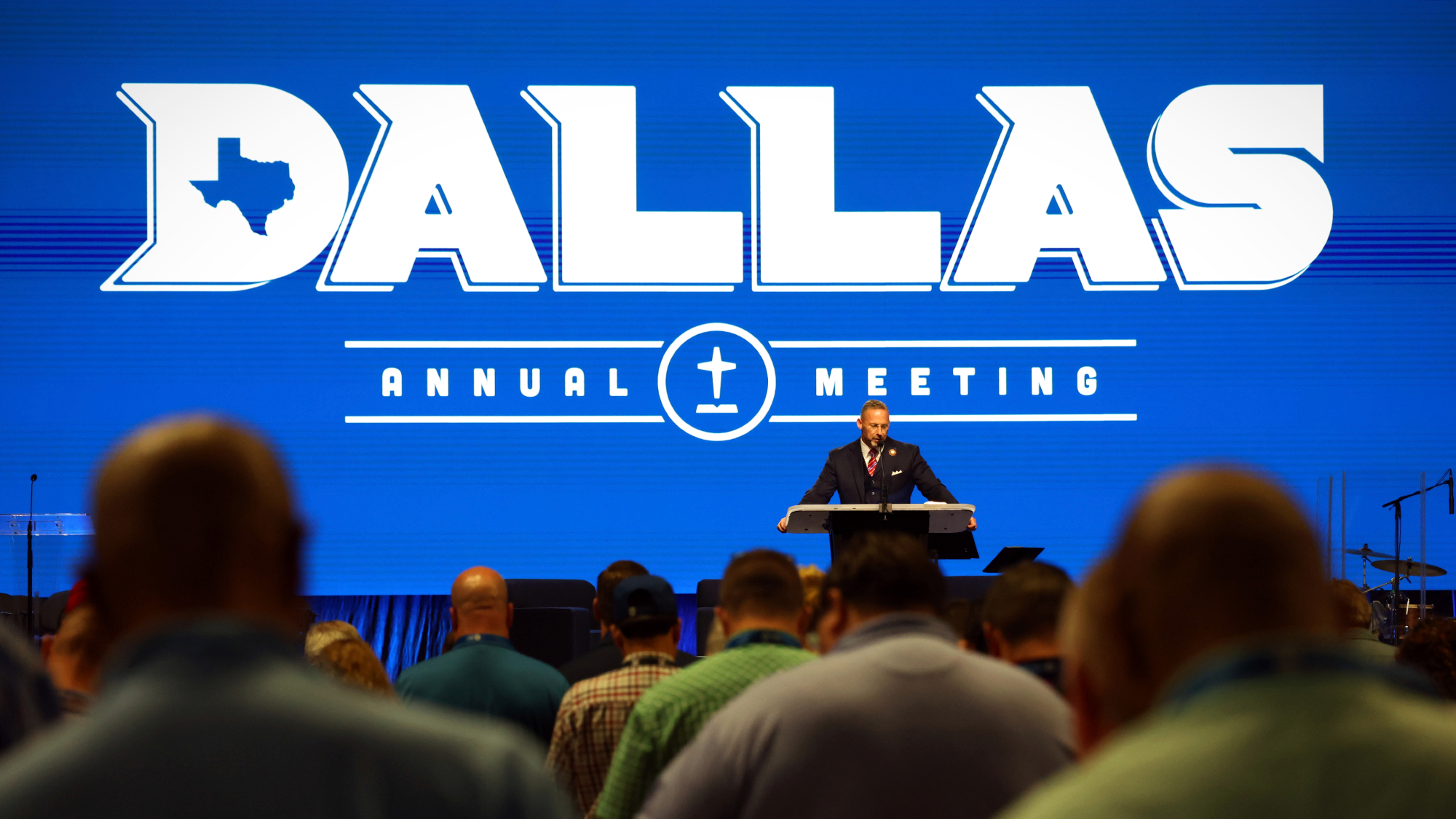 Southern Baptists endorse gay marriage ban
Southern Baptists endorse gay marriage banSpeed Read The largest US Protestant denomination voted to ban same-sex marriage and pornography at their national meeting
-
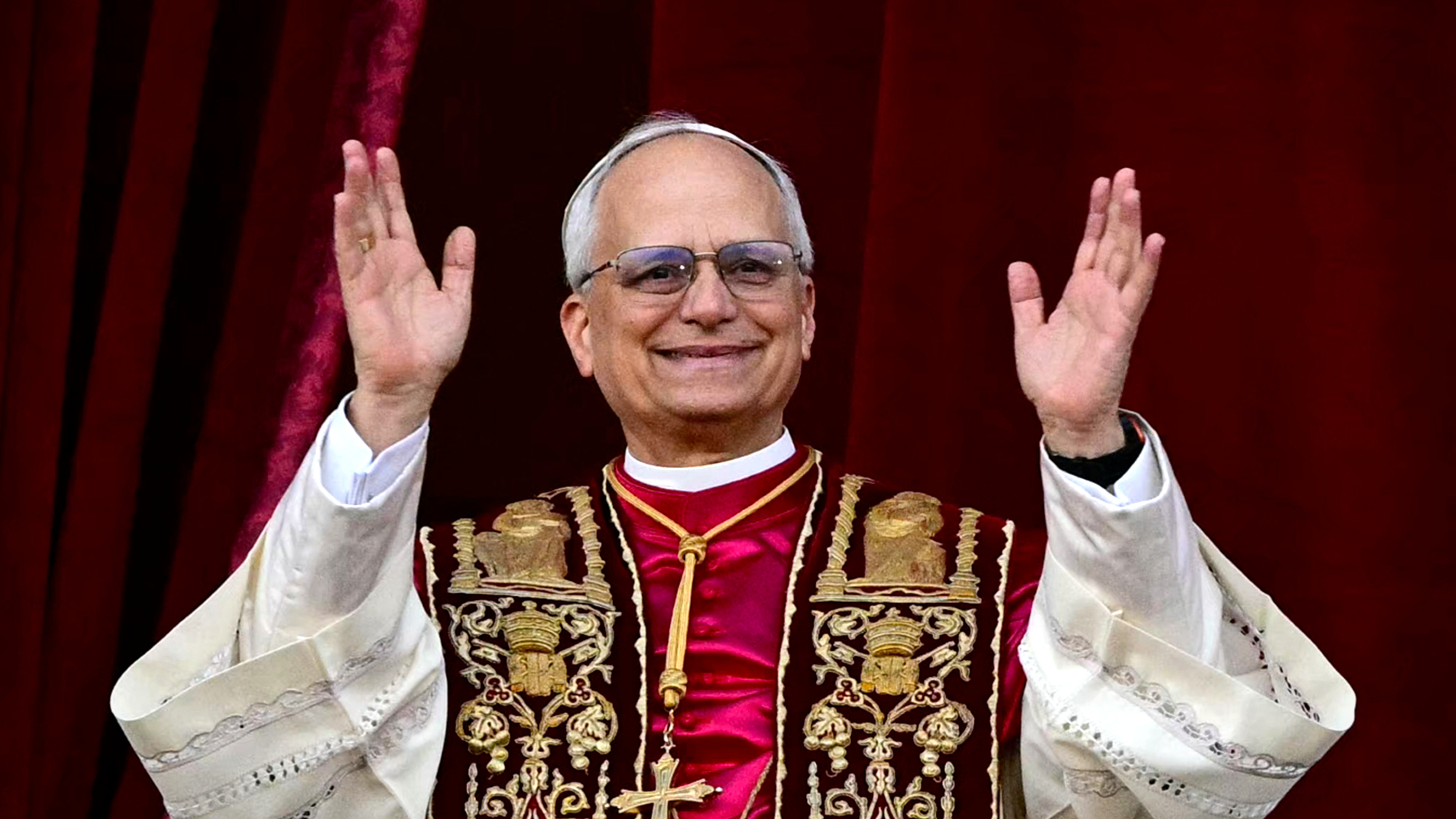 Prevost elected first US pope, becomes Leo XIV
Prevost elected first US pope, becomes Leo XIVspeed read Cardinal Robert Francis Prevost is a Chicago native who spent decades living in Peru
-
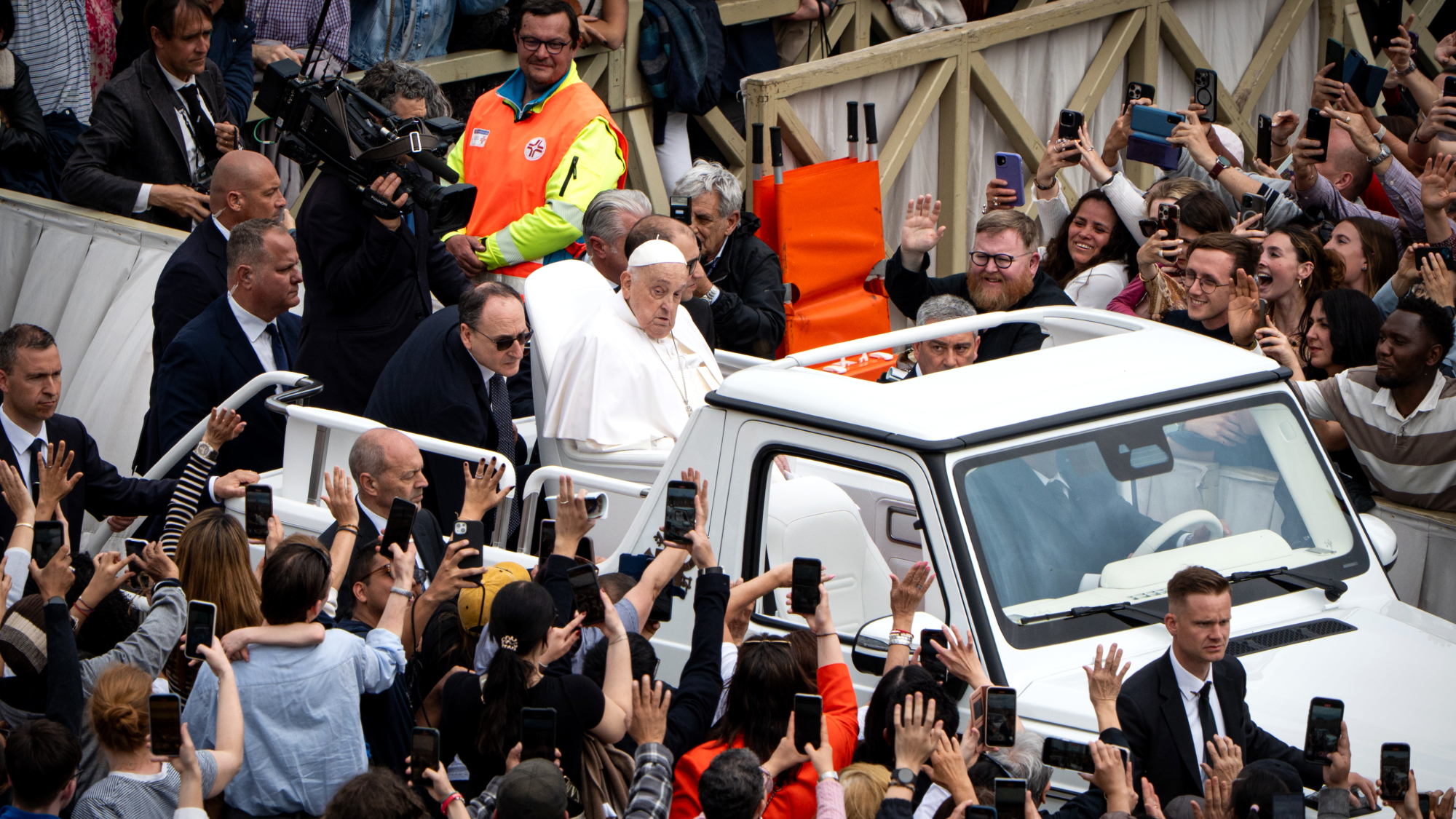 Pope Francis dies at 88
Pope Francis dies at 88Speed Read 'How much contempt is stirred up at times toward the vulnerable, the marginalized and migrants,' Pope Francis wrote in his final living message
-
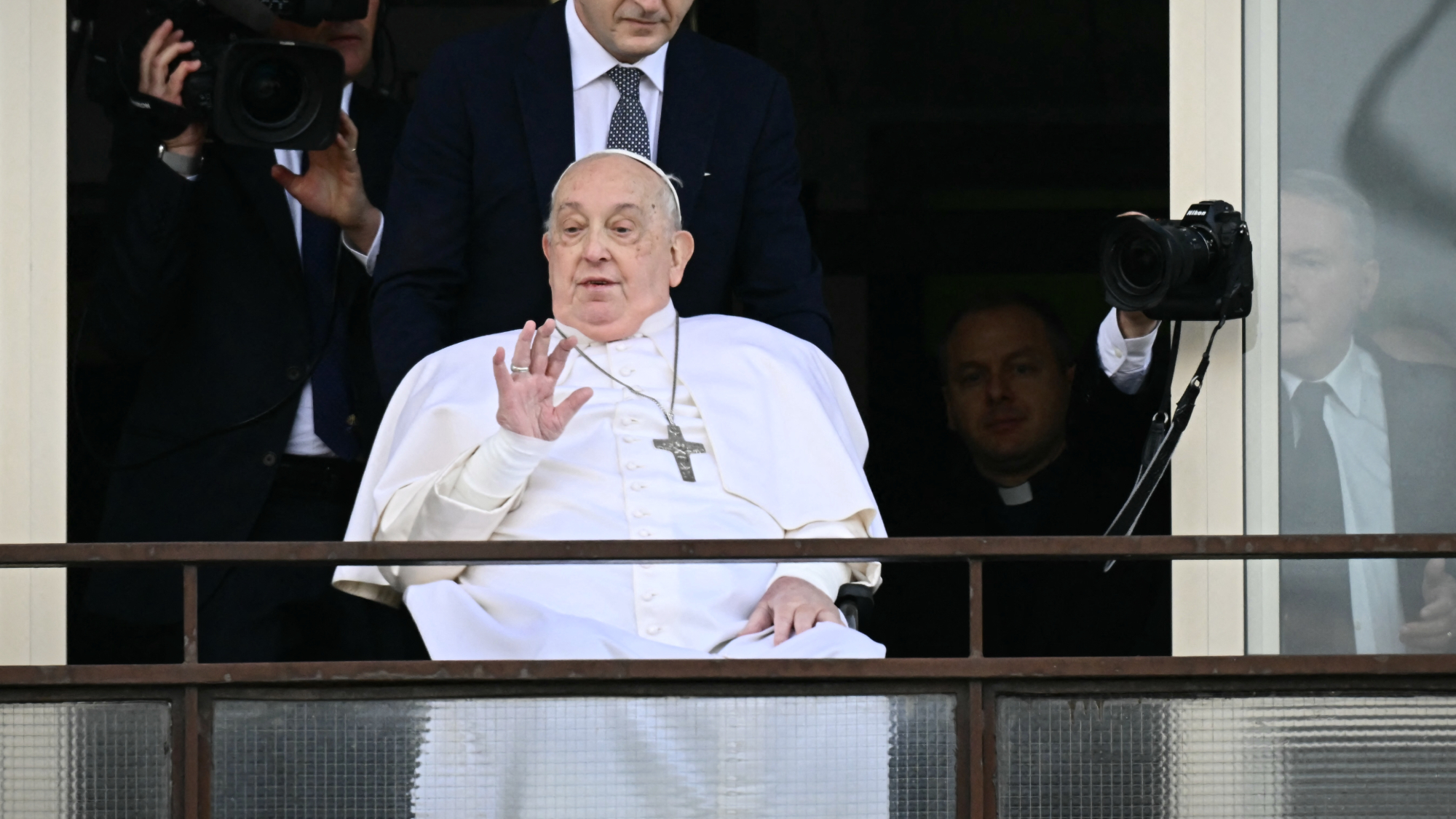 Pope returns to Vatican after long hospital stay
Pope returns to Vatican after long hospital staySpeed Read Pope Francis entered the hospital on Feb. 14 and battled double pneumonia
-
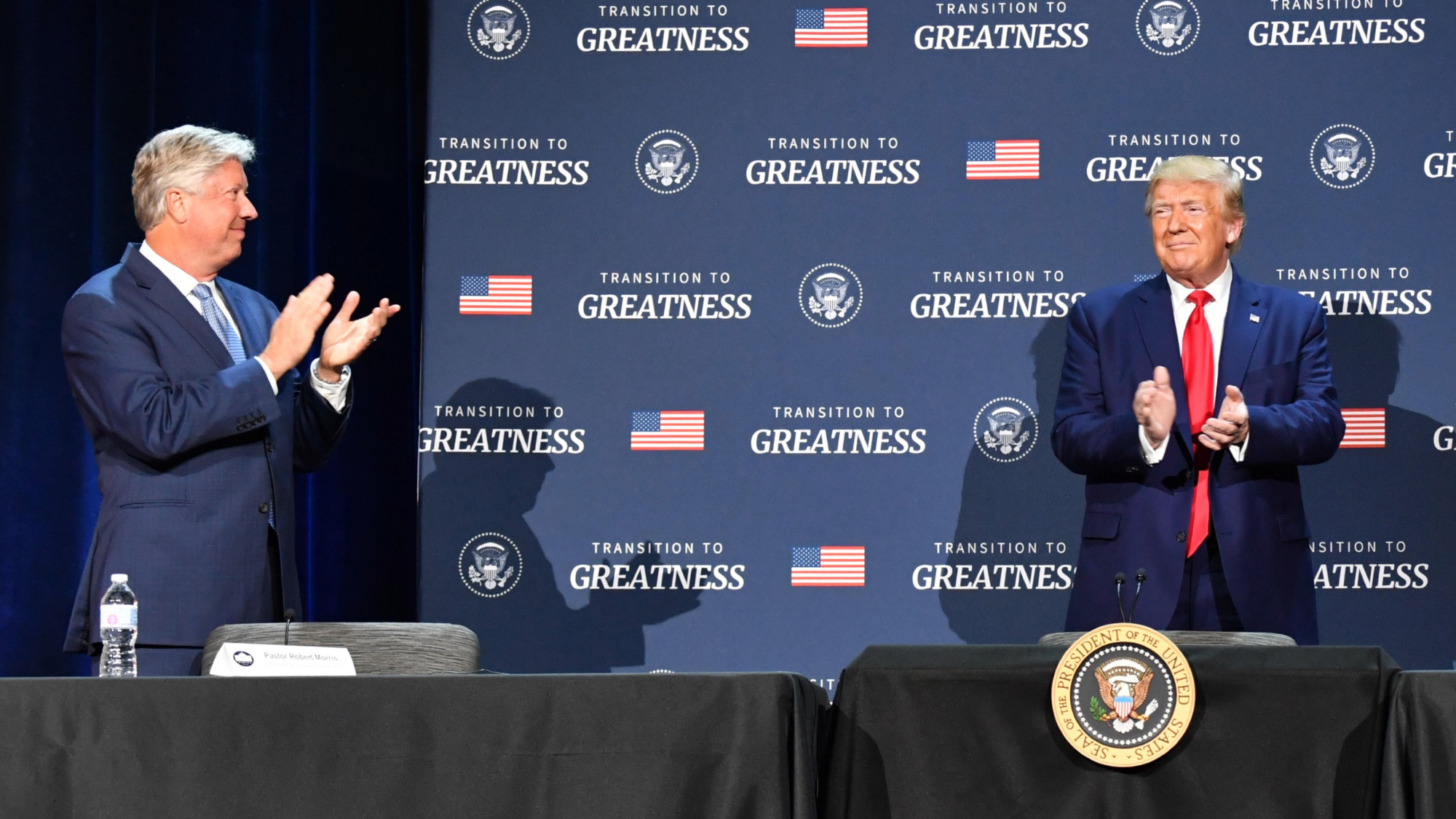 Texas megachurch founder charged with sex crimes
Texas megachurch founder charged with sex crimesSpeed Read Robert Morris, former spiritual adviser to President Donald Trump, is accused of sexually abusing a child
-
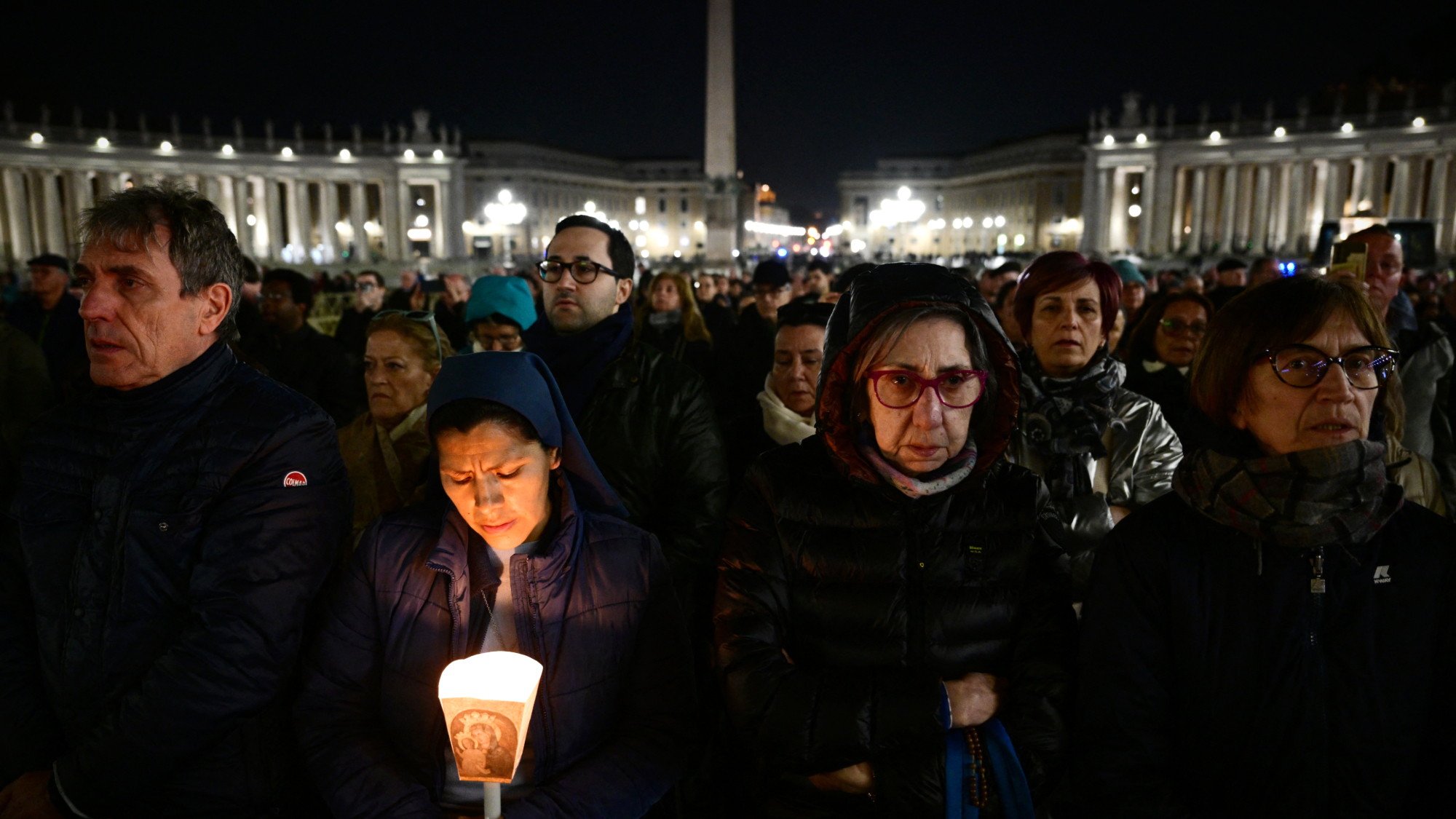 Pope Francis suffers setback with respiratory episodes
Pope Francis suffers setback with respiratory episodesSpeed Read The 88-year-old pope continues to battle pneumonia
